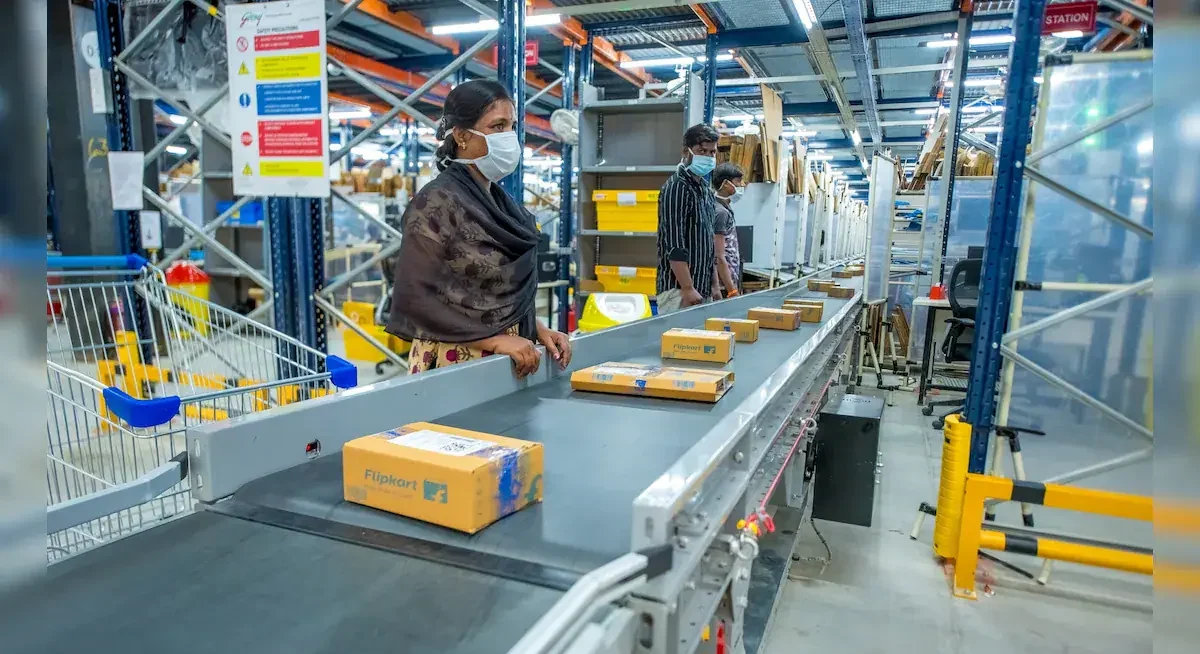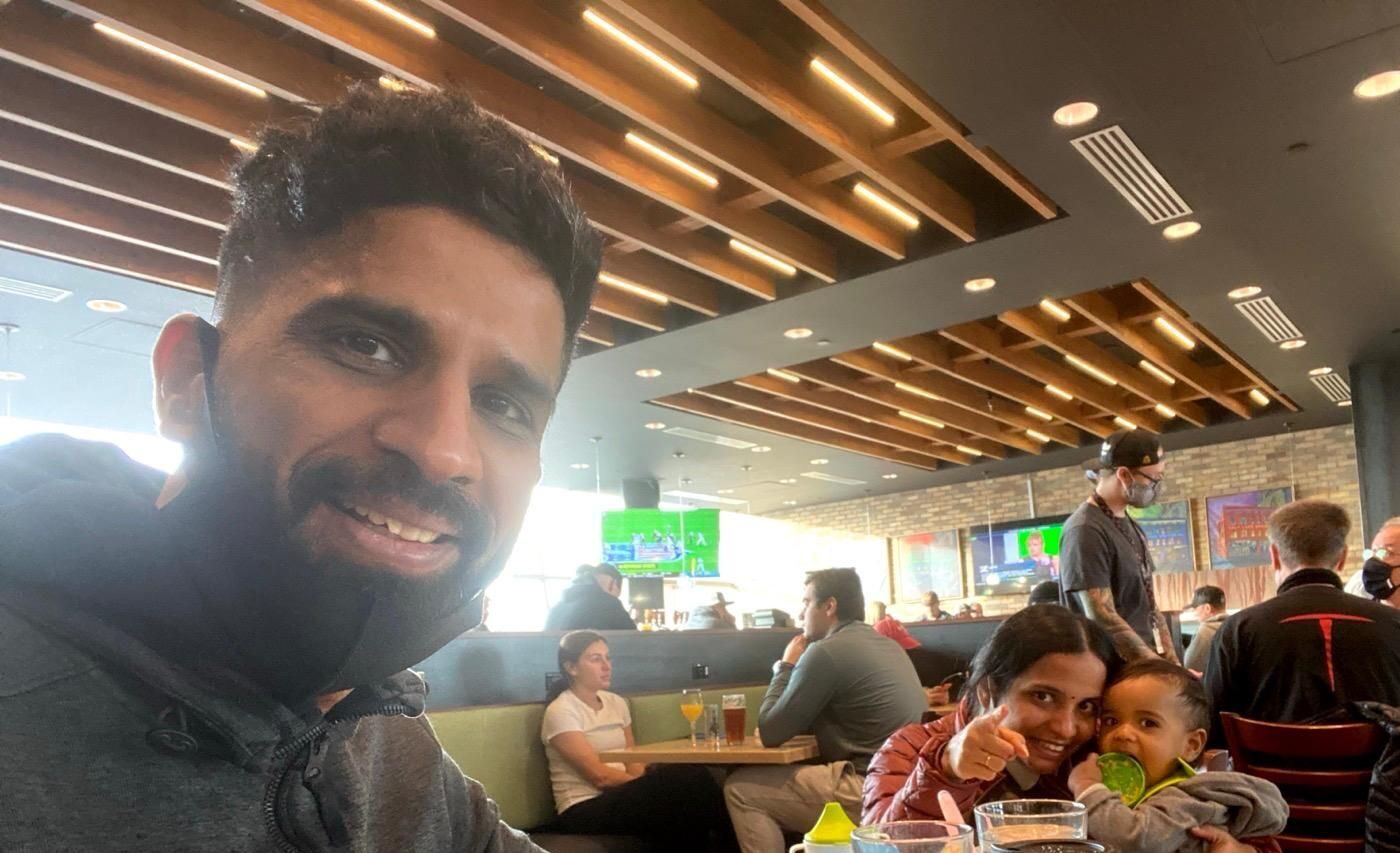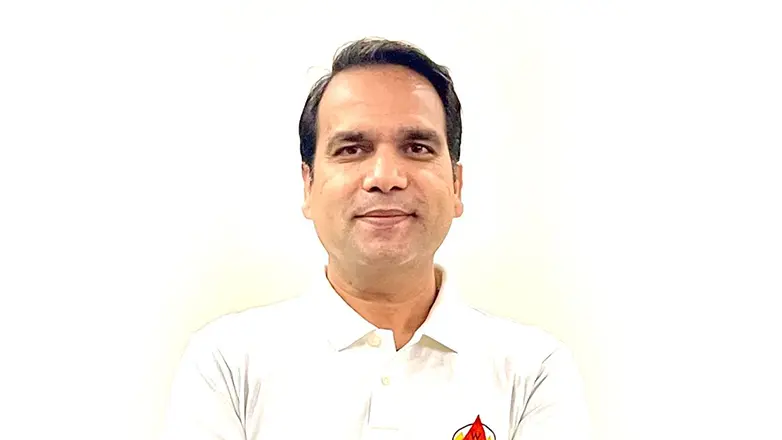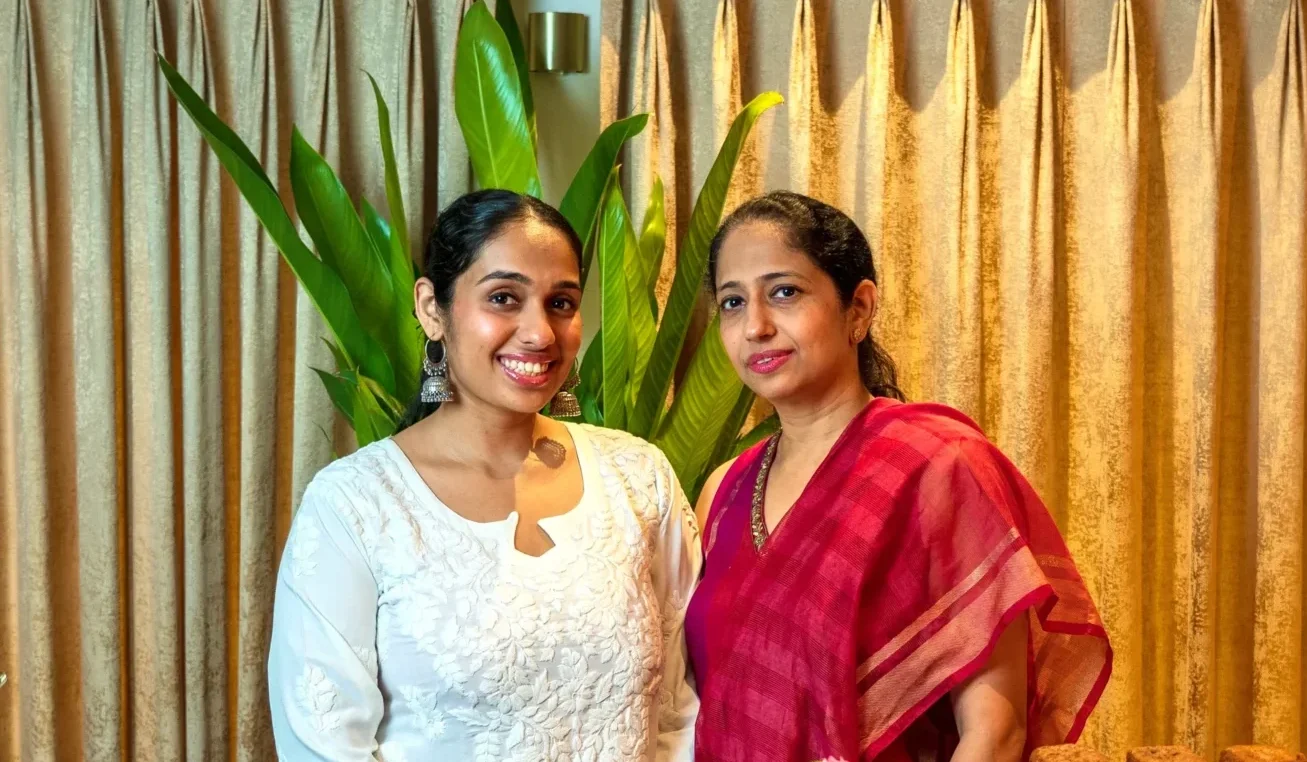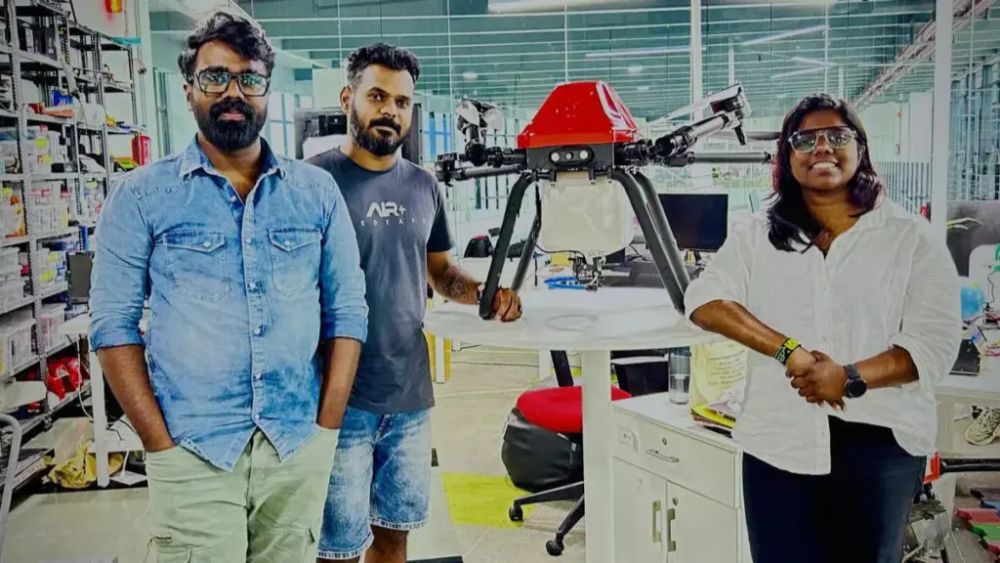A new homegrown shapewear brand, Underneat, has sprinted to ₹4.5 crore in gross merchandise value (GMV) within its first 100 days of launch, riding a research-first approach and a positioning calibrated for Indian bodies and climate. The company says it has already served 25,000+ customers, turned EBITDA-positive from day one, and is eyeing ₹100 crore in revenue within 36 months.

Underneat was co-founded by creator-actor Kusha Kapila and fashion operator Vimarsh Razdan, the latter previously scaled Attic Salt to $1 million in its first year, under the mentorship of Ghazal Alagh (Honasa Consumer Ltd.). According to details shared by the founders and early backers, the team spent two years running field work across Hong Kong, China, Vietnam and Germany, iterated through 60 product versions, and interviewed 12,000 women to isolate what Indian consumers actually want from shapewear.
Built for India, not imported ideals
The brand’s core thesis is blunt: Indian women don’t want aggressive “cinching” or theatrical transformations popularized by Western labels. Underneat says its research pointed to a preference for subtle shaping about 10–15% correction, with breathable, moisture-wicking fabrics that can handle heat and humidity.
To that end, the product line is polyester-free and uses German yarns with Sensil technology, aiming to deliver all-day comfort without the plasticky feel or sweat-trap complaints that dog legacy synthetics.
This “just-enough support” philosophy also informs the size and silhouette range, with the brand positioning itself as “accessible luxury”: premium build and finish without boutique pricing. Most SKUs sit near ₹1,999, intentionally undercutting premium rivals that often retail near ₹4,999 for similar categories.
A market gap hiding in plain sight
India’s $20 billion innerwear market has long been crowded, yet shapewear remains under-served and often treated as a niche. While celebrity-led brands such as SKIMS helped mainstream shapewear globally, Underneat argues that India lacked a label that set the tone for our climate, fit preferences and daily use-cases.
Incumbents, including names like Invogue Shop in the premium lane, have largely maintained a Western-style approach, where stronger compression and higher mark-ups are the norm.
Underneat’s bet is that comfort-first trumps correction-first in Indian conditions and that a less intimidating on-ramp (fit guidance, softer compression, friendlier price) can grow the category far beyond occasional-wear.
Day-one demand and a system crash
If distribution is destiny, Underneat got a head start. Kapila’s 4.3 million-strong Instagram presence provided a built-in audience; the company says the website crashed on launch day under traffic spikes, a signal of pent-up curiosity that translated into paid demand. The brand also benefitted from $1 million in seed funding from Fireside Ventures and Ghazal Alagh, capital the team says was earmarked for supply chain depth, fabric innovation, and community-led content.
Notably, management maintains the business has been EBITDA-positive since day one, a rarity for consumer launches that typically bleed while buying awareness and inventory. That claim will face the usual public-market test if and when the company begins sharing audited financials, but the headline is clear: early momentum is strong.
Why it works
- Tight research loop: 12,000 interviews and 60 iterations is unusual discipline for a D2C apparel debut. It reduced guesswork and de-risked the launch assortment.
- Product-market climate fit: Polyester-free, sweat-smart fabric choices acknowledge India’s weather rather than importing temperate-climate assumptions.
- Signal over noise on shaping: A lighter-touch silhouette aligns with how most women actually dress and move through the day.
- Price architecture: The ₹1,999 sweet spot taps “premium feel, sensible spend,” widening the addressable base.
- Distribution tailwinds: A founder with celebrity reach compresses the top-of-funnel problem and lowers CAC in the crucial early quarters.
The road to ₹100 crore
The next 18–36 months will determine whether Underneat becomes a category-defining brand or an early-virality story. To sustain velocity, it will need to:
- Scale SKUs without drift: Maintain fabric integrity and the 10–15% philosophy across new cuts, sizes, and seasonal lines.
- Guard unit economics: Keep EBITDA-positive while investing in inventory turns, returns management, and fit education.
- Build trust moats: Fit guarantees, clear sizing, and repair/replace policies can lock in repeat purchase in a segment where first-time misfits kill loyalty.
- Own the category narrative: Education-led content around comfort, posture, and daily-wear shaping can expand the market beyond “special occasion” use.
The bigger picture
Underneat’s sprint underscores a broader lesson for Indian consumer brands: don’t force-fit Western playbooks. In categories from skincare to sportwear and now shapewear, winners are merging global-grade materials with local use conditions and cultural comfort zones. The fastest-growing labels aren’t promising to “fix” consumers; they’re building products that fit how Indians live.
Also Read: Famyo secures ₹4 crore to scale kids’ lifestyle brand













